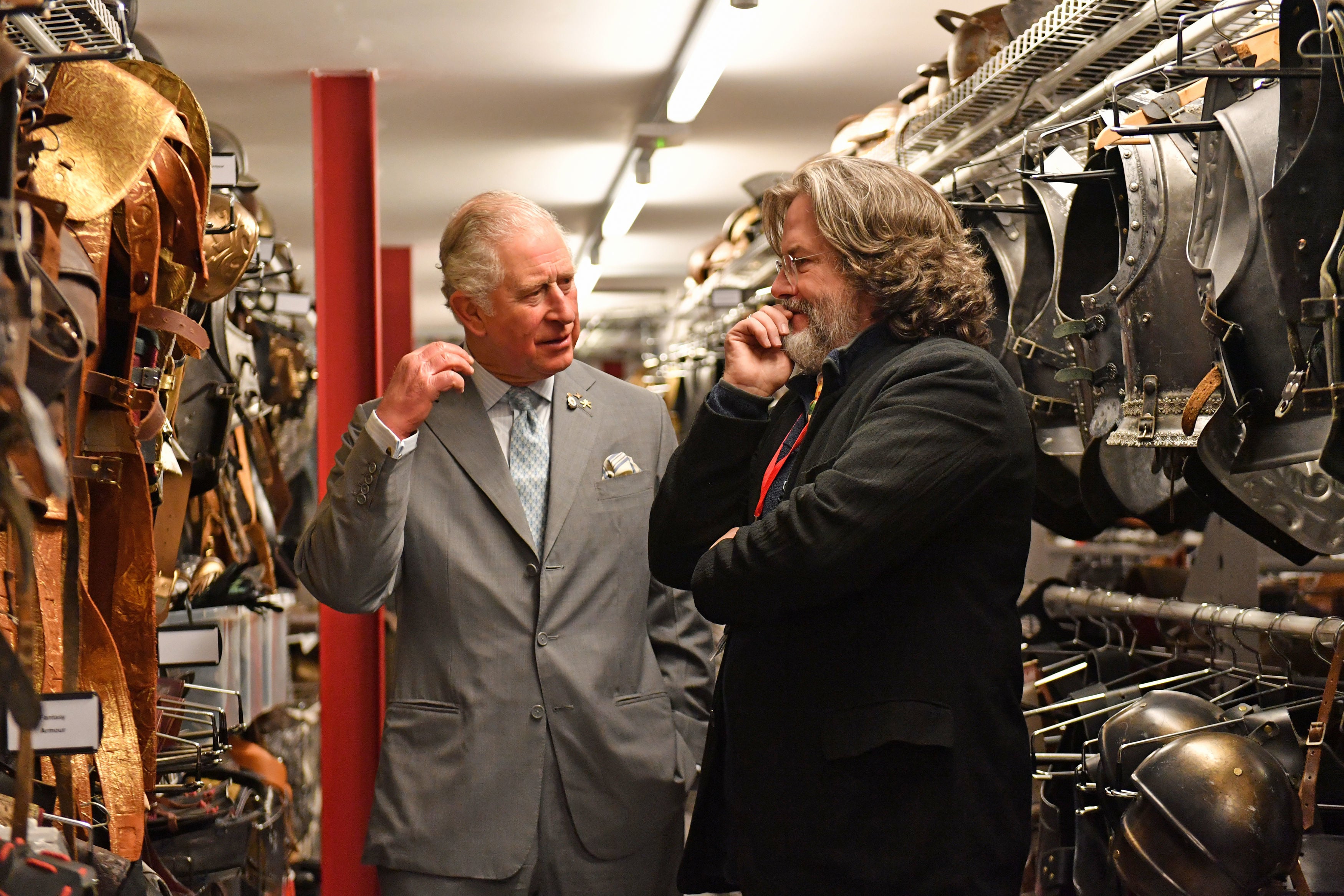White male actors ‘can’t find work’, claims former RSC boss Gregory Doran
Ex-artistic director of the Royal Shakespeare Company says he hopes the ‘pendulum will swing’ and casting in theatre will be more ‘balanced’
Your support helps us to tell the story
This election is still a dead heat, according to most polls. In a fight with such wafer-thin margins, we need reporters on the ground talking to the people Trump and Harris are courting. Your support allows us to keep sending journalists to the story.
The Independent is trusted by 27 million Americans from across the entire political spectrum every month. Unlike many other quality news outlets, we choose not to lock you out of our reporting and analysis with paywalls. But quality journalism must still be paid for.
Help us keep bring these critical stories to light. Your support makes all the difference.
White male actors are struggling to land roles in theatre, according to the former artistic director of the Royal Shakespeare Company (RSC).
Gregory Doran, who led the company from 2012 to 2022, said that giving more opportunities to underrepresented groups has meant people who traditionally dominated theatre were now “finding themselves with very little work”.
During his decade leading the prestigious theatre company, Doran developed a reputation for making bold casting decisions. He cast the first disabled actor to play Richard III, cast female actors as male characters in a 2018 production of Troilus and Cressida and introduced the RSC’s first season of female-only directors.
Doran’s notable productions include Macbeth starring Antony Sher, as well as Hamlet in 2008, starring Doctor Who actor David Tennant and Olivier and Tony Award-winning theatre veteran Sir Patrick Stewart.
Speaking before an appearance at The Times and Sunday Times Cheltenham Literature Festival, Doran said that he hopes the “pendulum will swing” and it will become balanced.
“I think the importance was to give those opportunities to . . . Black actors, or actors from the Asian community, or women who weren’t getting the scale of roles, or disabled actors like Arthur Hughes playing Richard III,” The Times reports.
“So I thought it was really important to champion it, to level the playing field, and ultimately the pendulum will swing, but it will also swing back and it will balance. I know a lot of male, white actors who are certainly finding themselves with very little work. But in a way, a lot of those other communities were in that position for a very long time.”
Recent data shows that Black, Asian and minority ethnic actors continue to be underrepresented in the theatre industry, while some drama schools still lack diversity.
The Centre Stage report, which was published by the Andrew Lloyd Webber Foundation, found in 2021 that small progress had been made to increase diversity at UK drama schools between the years 2016 to 2021.

It found that in those five years, the diversity of the student population in 15 of the top drama schools had improved by 7.5 percentage points from 14 per cent in 2016 to 21.5 per cent in 2019-20. However, it reported that diversity in some student cohorts remained in single percentage figures.
Meanwhile, the Arts Council England’s equality and diversity data report published in 2021 found that just 14 per cent of the arts workforce were Black, Asian and ethnically diverse.
Earlier this year, Doran was named the 30th Cameron Mackintosh visiting professor of contemporary theatre at Oxford University for the academic year 2023-2024, taking over from Bridgerton and Queen Charlotte actor Adjoa Andoh.
Doran worked with the RSC for 35 years, starting his career as an actor and later becoming a director, before being appointed as the artistic director in 2012. He left the RSC last year following the death of his partner, the acclaimed actor Antony Sher, in 2021.
The Independent has contacted the RSC for comment.



